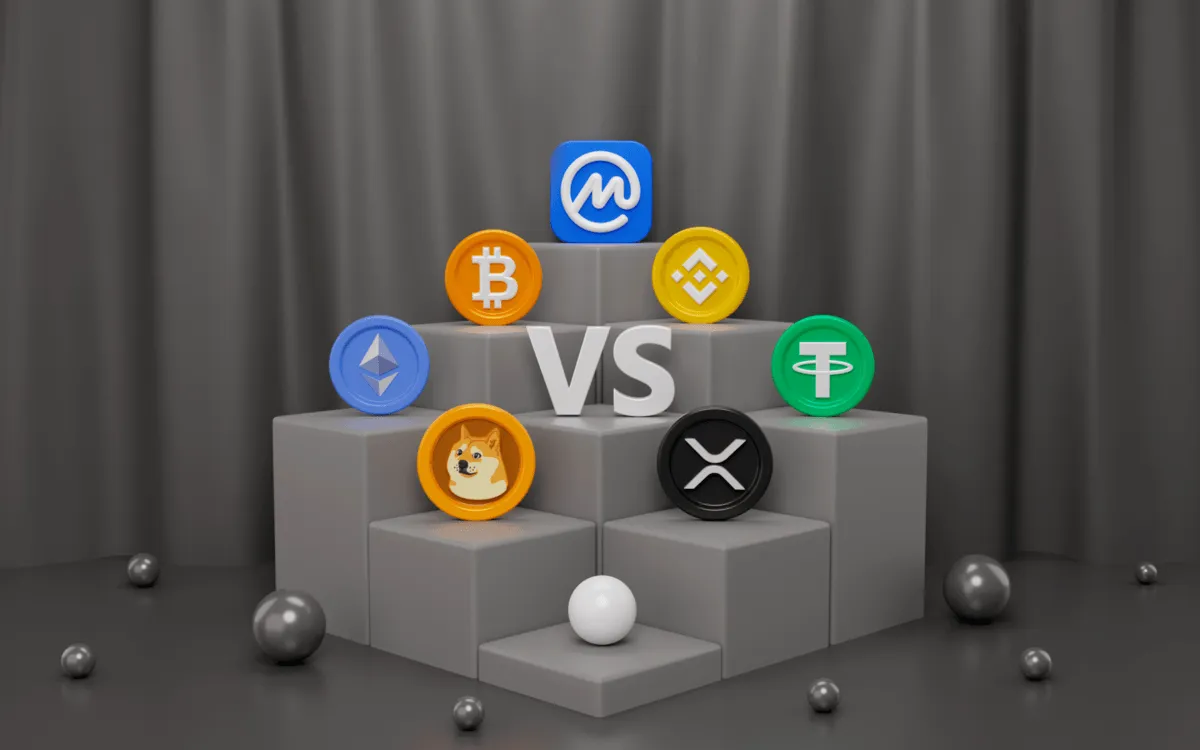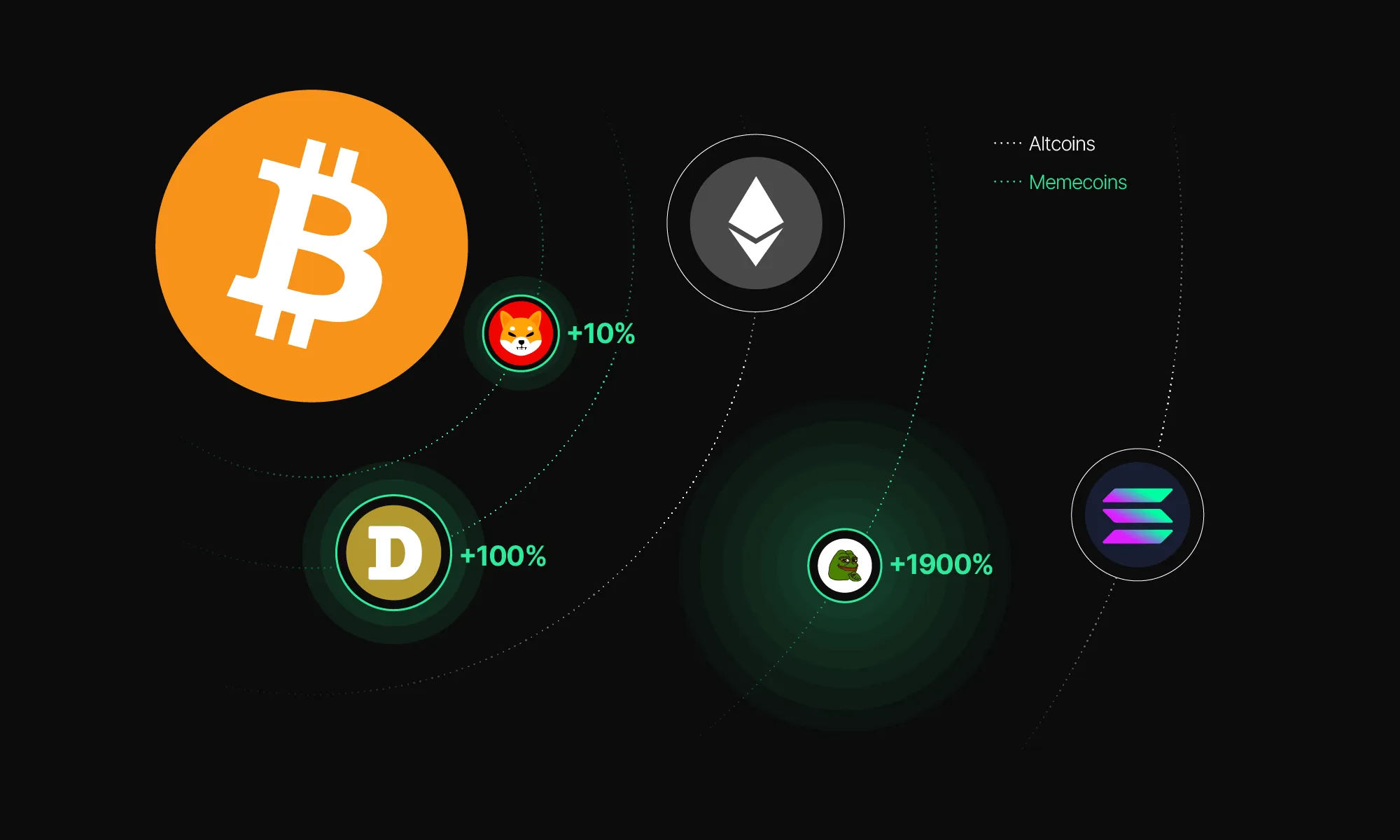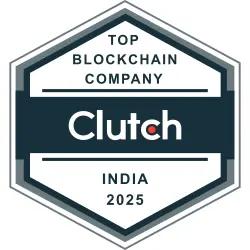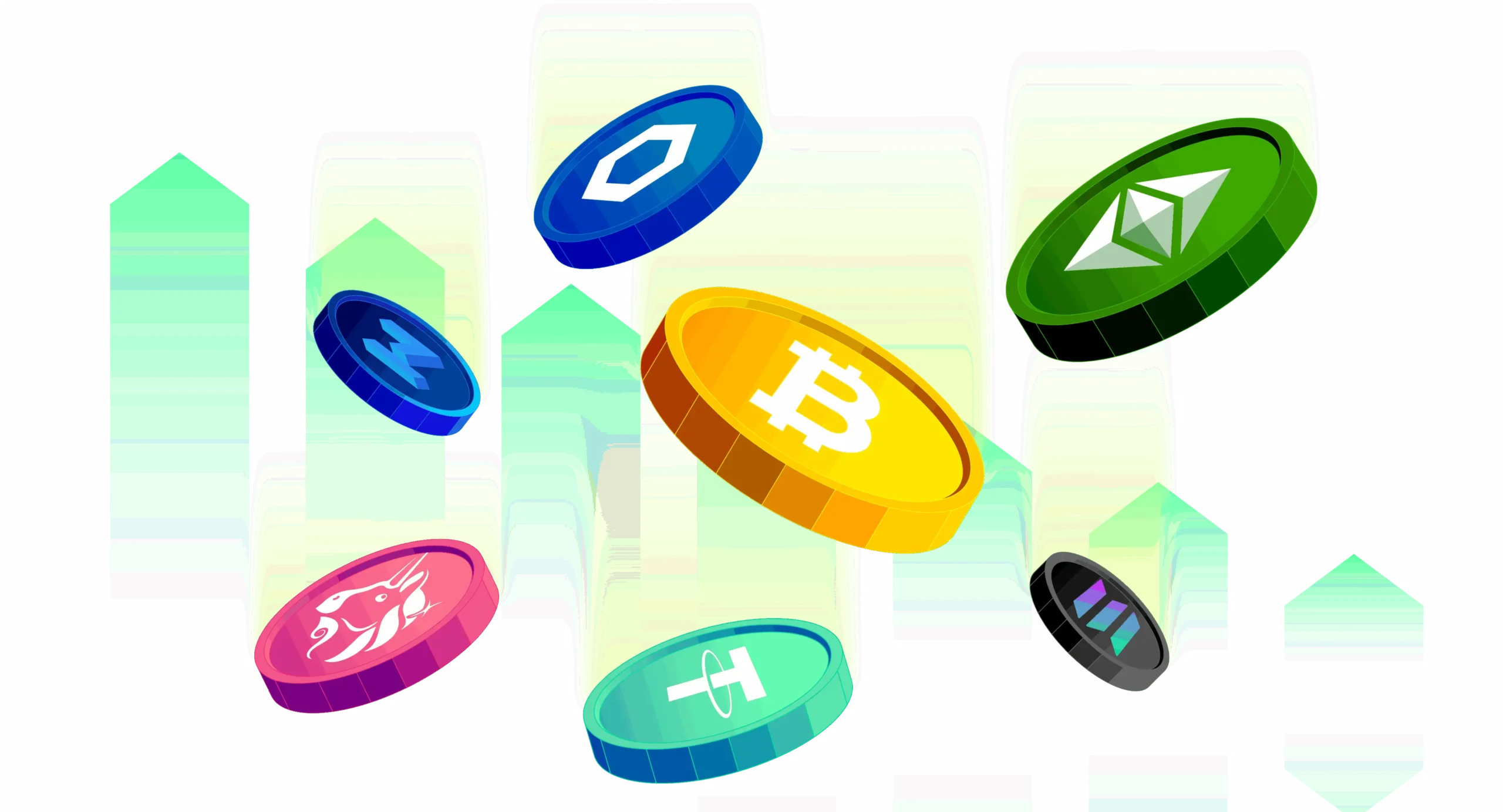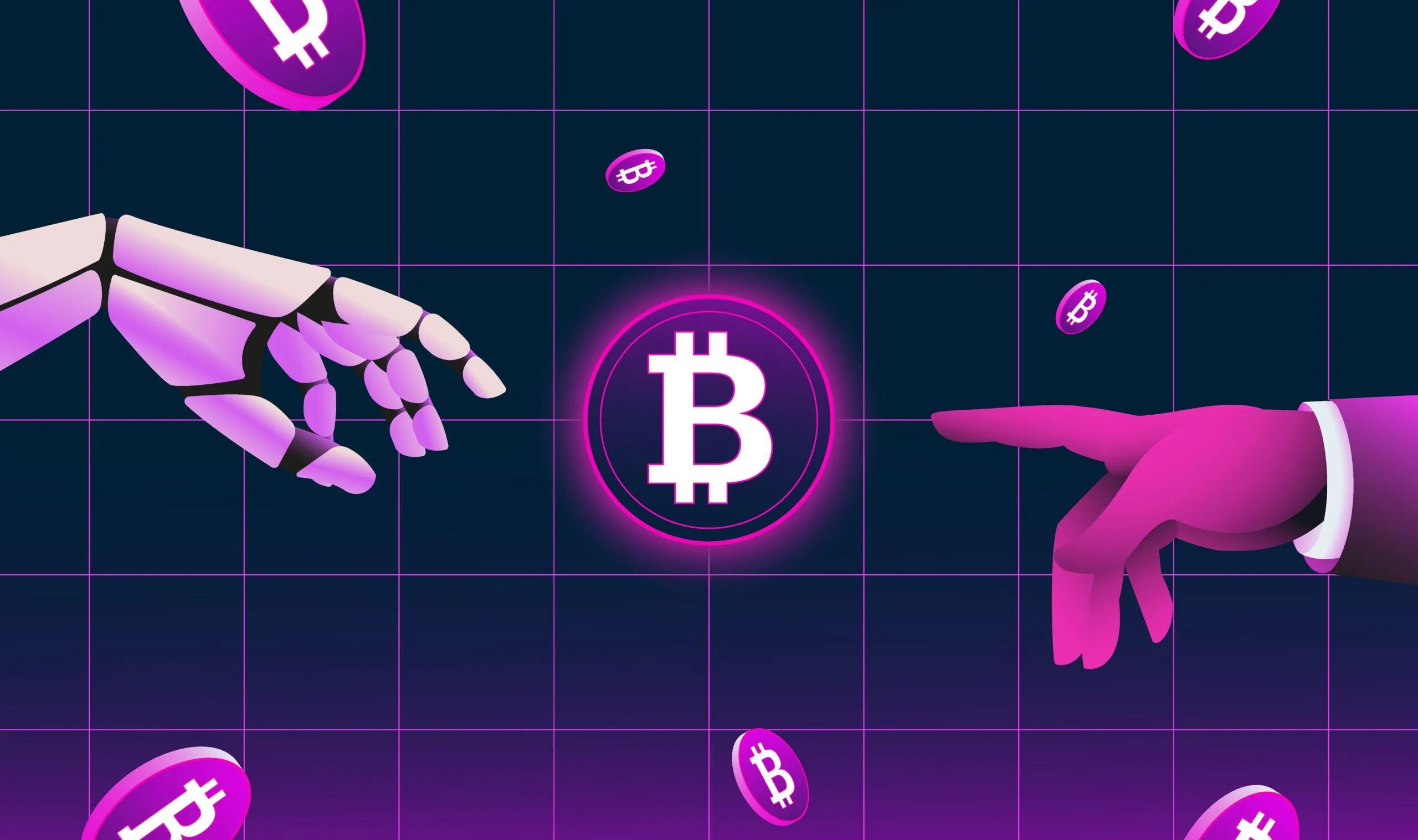We develop NFT tokens with unique identifiers and metadata that accurately represent ownership on-chain. The structure supports clear asset definition, verifiable provenance, and long-term accessibility. Each token is configured for smooth interaction with wallets, marketplaces, and viewing platforms, ensuring consistent behavior across different environments without losing integrity or context.









